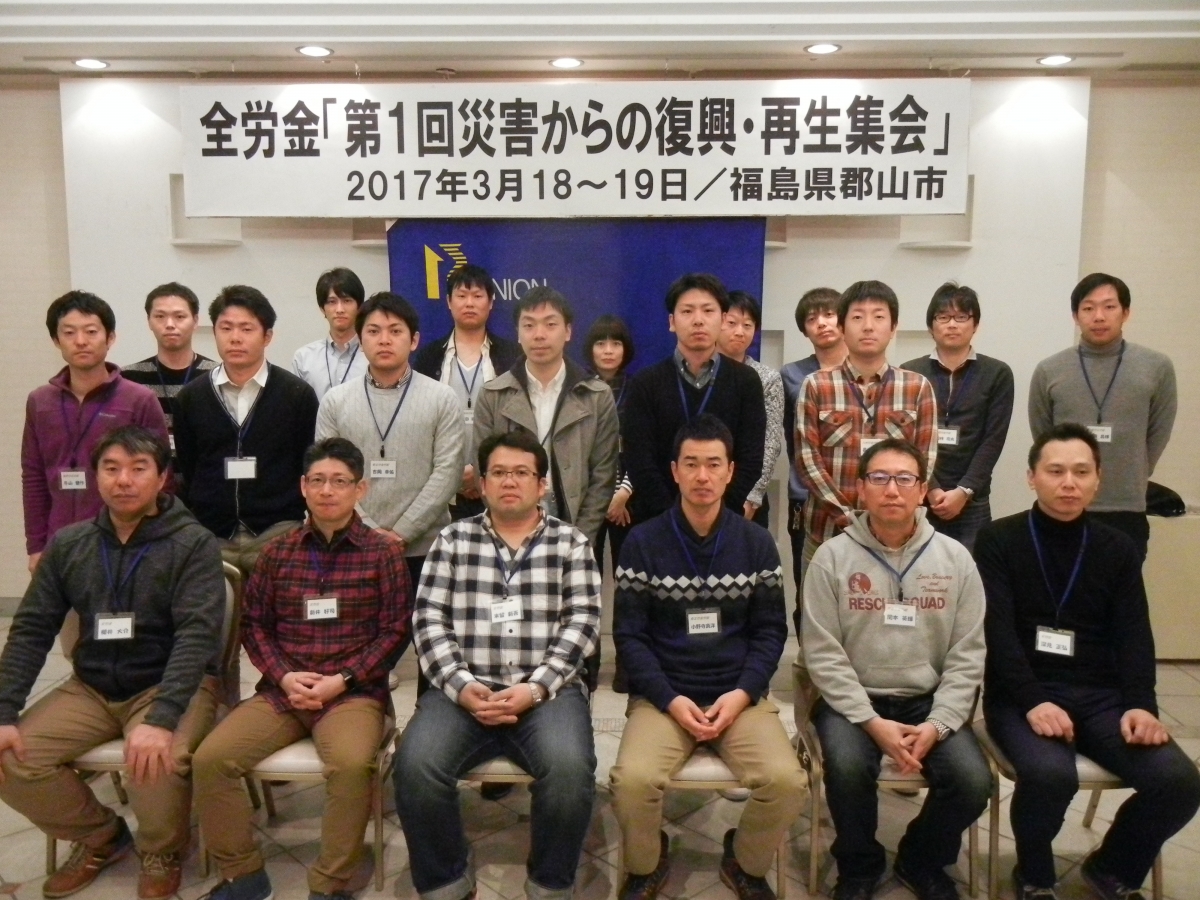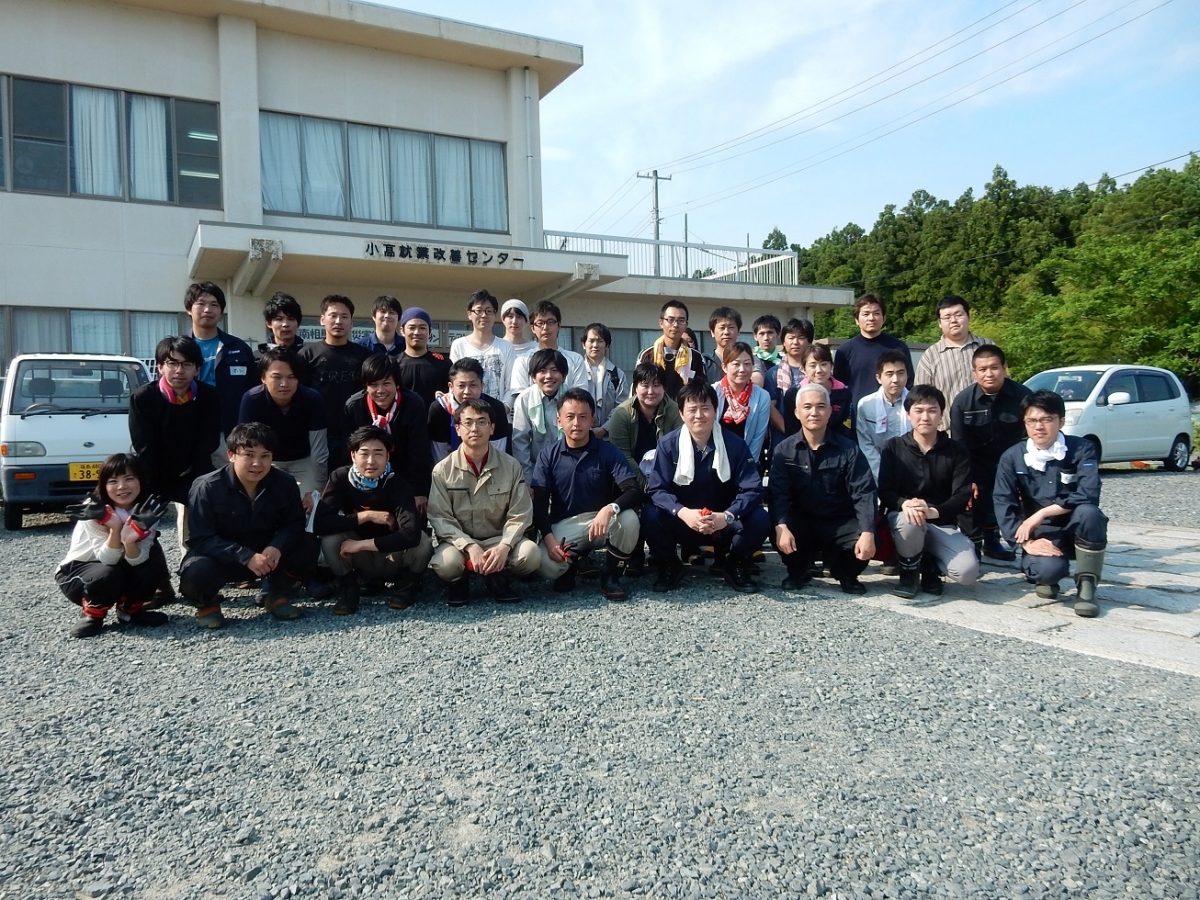News
Results of Japanese Spring Offensive Negotiations in the Finance sector

Zenrokin, the Federation of Labor Bank Worker’s Unions of Japan and Rosai Roren, the Federation of labour insurance workers have both concluded their spring negotiations.
Main achievements: Zenrokin
In March 2017, 14 enterprise unions submitted their requests to their counterpart management. All agreements were reached on 29 March, with major achievements as follows:
- Wages: Minimum corporate wages were raised by 11 enterprise unions. The amount raised was 24 yen on average concerning hourly wages.
- Re-employment: The “Job Return System” (a system in which a retired employee must be rehired within a fixed period) was successfully adopted by 1 enterprise union, which makes it a total 8 enterprise unions currently implementing this system.
- Paid leave: Regarding non-regular workers, 2 enterprise unions improved conditions for payed leave caused by personal sickness/injuries and for administrative leave. For 5 enterprise unions, conditions have equaled to regular workers.
Further information
To support re-employment in the Labor bank industry:
Zenrokin and the National Association of Labor Banks have jointly formed a policy regarding workers who have resigned from their job at their former labor bank due to marriage, elderly family care, or his/her spouse being transferred to a different district, which allows them to be re-hired at a labor bank close to their new residential area.
To establish an infertility-leave system:
Zenrokin and the National Association of Labor Banks have discussed establishing a paid holiday and administrative leave system for those who are undergoing infertility treatment. To support workers in the first infertility treatment stage, each labor bank has established a system in which the worker can save up and use their annual paid holidays extending over the years. Regarding administrative leave, consultation with the National Association will be continued, since current conditions for paid holidays for sickness/injuries and administrative leave are still unequal among many regular and non-regular employees.

Main achievements: Rosai Roren
- Wages: We aimed to increase hourly wages by 37 yen (an increase of 6,000 yen / monthly wage) for part time, non-regular and regular workers. Out of 8 enterprise unions, 35 negotiations among 4 enterprise unions and 31 branches ended successfully and achieved a substantial wage increase.
- Flexible workstyles to respond to diverse life stages: Labor management negotiations were held to discuss issues on expanding childcare / elderly care policies and methods with the aim to improve work-life balance for workers who are receiving hospital treatment. Unfortunately, no specific policies have been established so far.
- Working hours: In order to shorten total annual working hours, we aimed 1) to add one more paid holiday for the following year’s total annual paid holidays and 2) to shorten extended work time by 10% compared to the previous year. All 10 enterprise unions engaged to achieve the objective, and 3 unions were successful to achieve 1), while 4 unions succeeded to attain 2).
Further information
Wage increase achieved for part time and non-regular workers: The agreement was reached by considering various factors, such as to meet the increase in minimum wages in various regions across Japan, or as a measure to prevent skilled workers from leaving their jobs, etc.
The reason for aim to reduce total annual working hours: In order to reach good work life balance for the workers and to prevent extra daily working hours.


